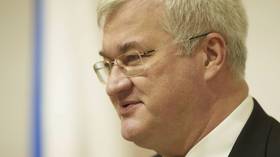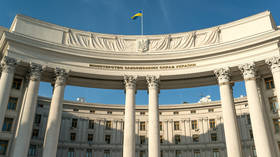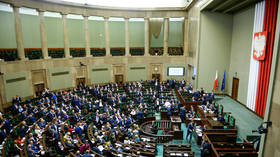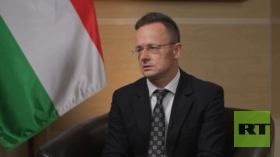Brazil mulls ban on sports betting

Brazilian President Lula da Silva has pledged to ban online sports betting if recently introduced regulations fail to curb what he described as the nation’s “addiction” and the problems associated with it.
The soccer-loving South American country has experienced a gambling surge since online sports bets were legalized in 2018. Recent studies have indicated that gambling negatively affects household incomes, making permanent debt and family bankruptcy more likely.
The gambling frenzy is also believed to have attributed to a drop in consumer spending, thus diverting money from the economy. In an effort to tackle the issue, the Brazilian government has introduced new operating regulations for online betting platforms.
The rules require overseas companies advertising in Brazil to be licensed, have local corporate offices and customer service channels for bettors, and have policies in place to prevent money laundering. Additionally, credit card betting will be banned under the new directive, which is due to take effect by the end of the year.
Speaking to reporters after casting his vote in municipal elections in Sao Paulo on Saturday, Lula said he “won’t hesitate in putting an end to (betting) definitely” if the newly imposed regulation doesn’t work.
While Lula is reportedly against ending online betting altogether, arguing that bans are never effective in stopping illegal activities, he insists that it is unacceptable that low-income families, which receive social assistance payments through Brazil’s Bolsa Familia program, are spending money on placing bets.
“Everyone knows that the person going to buy bread in the morning will make a small bet using the bread money,” Lula said. “But what I cannot allow is betting to turn into a disease, an addiction, and for people to become dependent on it, because I know people who lost their house and car.”
Last Thursday, Lula summoned a cabinet meeting to discuss whether welfare check recipients should be prohibited from betting, but no decision has yet been made.
Nearly a quarter of Brazil’s 215 million population is now participating in online betting across various electronic platforms. This figure has surged by 25 million this year, with an average of 3.5 million new users each month, according to the opinion poll conducted by the Locomotiva Institute in August.
The sharp increase in gambling is generally attributed to the economic situation, with over half of responders saying that “making money” is the main reason for placing sports bets. Meanwhile, the data reveals that 45% of bettors have experienced “financial losses” and 30% admitted to having “damaged personal relationships” due to gambling.
A study commissioned by a Brazilian retailers’ association revealed that 63% of online platform users have experienced a decline in income, with 23% stating that they choose to place bets rather than purchase clothing.













